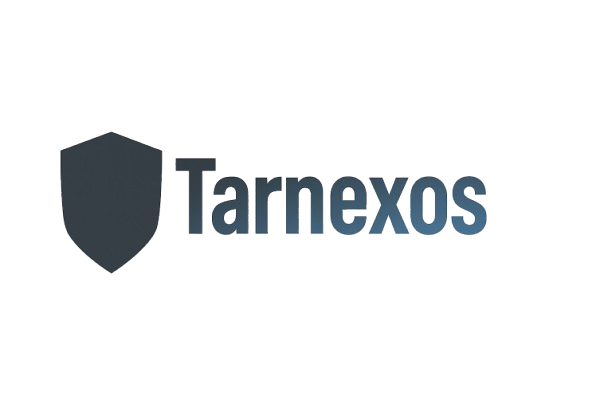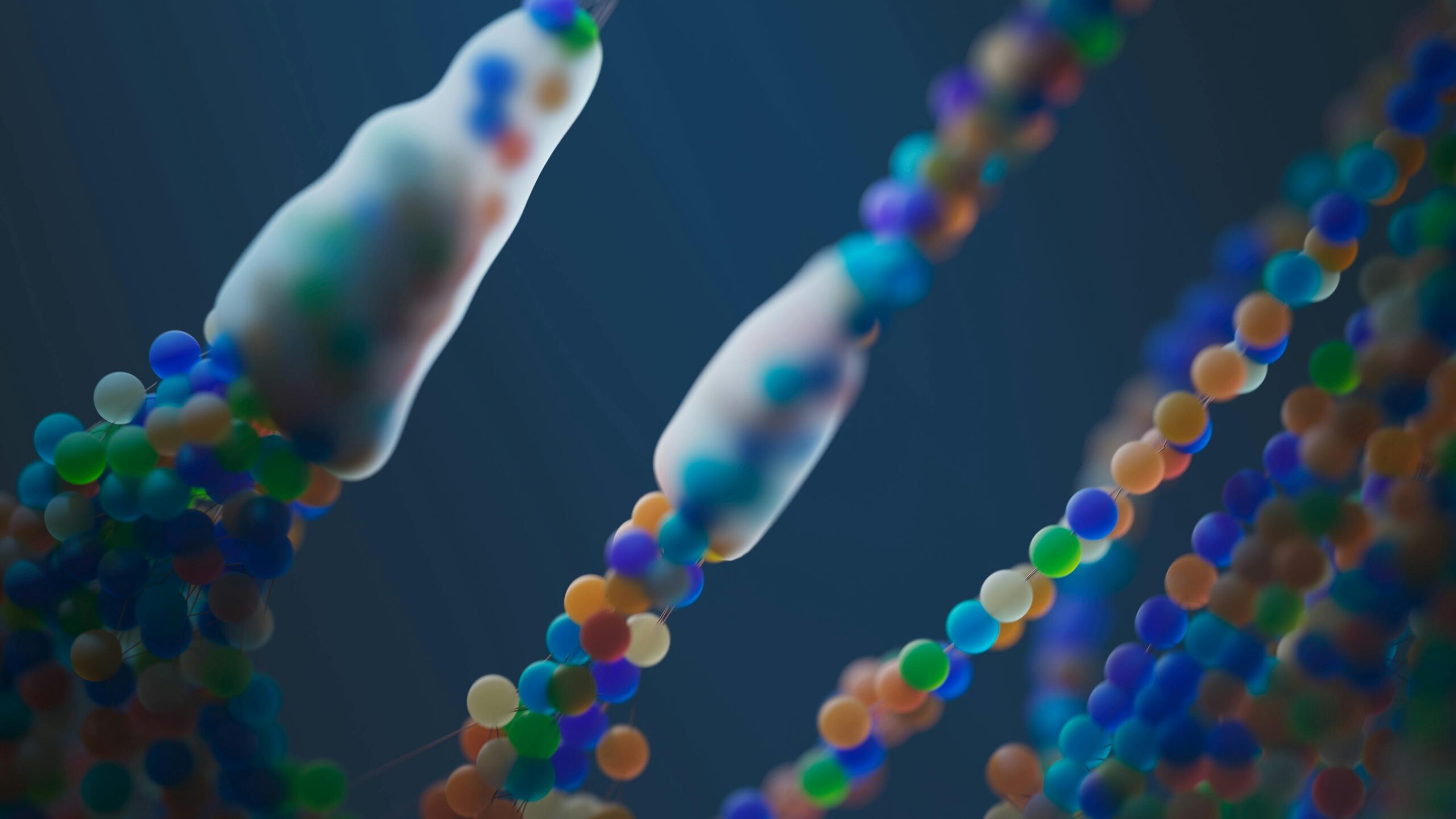The genome revolution is here, reshaping medicine, agriculture, and our understanding of life itself. Yet, despite its profound implications for humanity, genome literacy remains confined to specialized academic circles, creating a knowledge gap that threatens equitable participation in our genetic future.
As we stand at the intersection of biology and technology, the imperative to democratize genome education has never been more urgent. From CRISPR gene editing to personalized medicine, the decisions we make today will affect generations to come, making it essential that everyone—not just scientists—understands the language of life written in our DNA.
🧬 Understanding the Genome Literacy Crisis
Genome literacy encompasses far more than memorizing the structure of DNA or understanding basic inheritance patterns. It represents a comprehensive understanding of how genetic information influences health, behavior, and society, combined with the critical thinking skills necessary to navigate ethical dilemmas and make informed decisions about genetic technologies.
Current educational systems worldwide struggle to keep pace with genomic advances. Traditional biology curricula often present genetics as static content rather than a dynamic, rapidly evolving field. This disconnect leaves students unprepared for a world where genetic testing, gene therapy, and genetic modification are becoming commonplace in healthcare, agriculture, and environmental conservation.
The consequences of this literacy gap are profound. Misconceptions about genetics fuel discrimination, anxiety about genetic testing, and resistance to beneficial technologies. Without adequate genome literacy, individuals cannot meaningfully consent to genetic testing, understand their results, or participate in societal discussions about genetic privacy, designer babies, or agricultural biotechnology.
Breaking Down Barriers to Genomic Knowledge
Several fundamental obstacles prevent widespread genome literacy. First, the sheer complexity of genomic science intimidates many learners. The intricate molecular mechanisms, specialized vocabulary, and abstract concepts create cognitive barriers that traditional teaching methods often fail to overcome.
Second, socioeconomic disparities exacerbate educational inequalities. Communities with limited access to quality science education, technology, or healthcare remain disproportionately excluded from genomic knowledge. This creates a dangerous scenario where those most likely to be affected by genetic technologies are least equipped to understand them.
Third, cultural and linguistic diversity demands educational approaches that transcend Western scientific paradigms. Indigenous knowledge systems, diverse cultural perspectives on heredity and identity, and varied ethical frameworks must be integrated into genome education to ensure true inclusivity.
Confronting Misconceptions and Fear
Popular media often sensationalizes genetics, creating unrealistic expectations or unwarranted fears. Science fiction narratives about genetic determinism, designer babies, and genetic discrimination shape public perception more powerfully than accurate scientific information. Educational frameworks must actively counteract these misconceptions while acknowledging legitimate ethical concerns.
🎯 Innovative Pedagogical Approaches for Genome Education
Transforming genome literacy requires abandoning the lecture-memorize-test model in favor of experiential, inquiry-based learning. Students must engage with genetics as active participants rather than passive recipients of information.
Project-based learning offers powerful opportunities for genome education. Students might investigate their own ancestry through DNA testing, explore genetic variation in local ecosystems, or analyze case studies of genetic diseases affecting their communities. These authentic investigations make abstract concepts tangible and personally relevant.
Gamification introduces another promising dimension. Digital simulations allow learners to manipulate virtual genomes, observe multi-generational inheritance patterns, and experiment with gene editing without ethical constraints. These interactive experiences build intuitive understanding that traditional instruction cannot achieve.
Storytelling as a Gateway to Understanding
Narrative approaches humanize genomic science. Personal stories from individuals with genetic conditions, families navigating genetic testing decisions, or scientists making breakthrough discoveries create emotional connections that enhance retention and understanding. These narratives also illuminate the human dimensions of genetic science, moving beyond technical details to explore meaning, identity, and ethics.
Technology-Enhanced Learning Platforms
Digital technologies offer unprecedented opportunities to scale genome education globally. Mobile applications, virtual laboratories, and online courses can reach learners regardless of geographic location or socioeconomic status.
Augmented reality (AR) applications enable students to visualize DNA structure, protein synthesis, and cellular processes in three dimensions. These immersive experiences transform abstract molecular interactions into concrete visual experiences, dramatically improving comprehension.
Artificial intelligence-powered tutoring systems can personalize genome education, adapting content difficulty, pacing, and examples to individual learning needs. These systems identify misconceptions in real-time and provide targeted interventions, ensuring no learner falls through the cracks.
Open Educational Resources and Global Collaboration
The open science movement champions freely accessible educational materials that anyone can use, adapt, and share. Open-source curricula, video lessons, laboratory protocols, and assessment tools democratize access to high-quality genome education. International collaborations enable resource-sharing across borders, with educators in different countries co-creating culturally responsive materials.
🏫 Reimagining Formal Education Systems
School curricula must evolve to integrate genomics throughout science education rather than confining it to isolated biology units. Genetics intersects with chemistry, physics, mathematics, ethics, and social studies, offering rich opportunities for interdisciplinary learning.
Elementary education can introduce fundamental concepts through age-appropriate activities: observing inherited traits in plants and animals, exploring family resemblances, and understanding that living things pass information to offspring. These early experiences build conceptual foundations without overwhelming young learners with molecular details.
Middle school curricula can deepen understanding by exploring DNA structure, basic molecular biology, and inheritance patterns. At this stage, students can engage with real genetic data, conduct simple experiments, and begin considering ethical dimensions of genetic technologies.
High school programs should prepare students for informed citizenship in a genomic age. Advanced courses might cover gene expression regulation, population genetics, evolutionary genomics, and contemporary applications like personalized medicine and agricultural biotechnology. Crucially, these courses must integrate ethical reasoning, helping students develop frameworks for navigating complex genetic dilemmas.
Teacher Preparation and Professional Development
Educators themselves need robust genome literacy to effectively teach the next generation. Teacher preparation programs must update science education coursework to include modern genomics, pedagogical strategies for teaching complex systems, and methods for facilitating ethical discussions.
Ongoing professional development ensures practicing teachers remain current as the field rapidly evolves. Partnerships between schools and research institutions can provide teachers with laboratory experiences, expert mentorship, and access to cutting-edge resources. These collaborations also help researchers understand educational challenges and design more effective outreach programs.
📚 Community-Based and Informal Learning Initiatives
Genome literacy cannot be achieved through formal schooling alone. Community centers, libraries, museums, and online platforms must complement classroom instruction by providing diverse learning opportunities accessible to all ages and backgrounds.
Science museums and exhibitions offer hands-on experiences that make genetics tangible. Interactive displays might allow visitors to extract DNA from fruit, visualize their own genetic traits, or explore evolutionary relationships between species. These informal learning environments reduce anxiety associated with academic settings and welcome family participation.
Community science projects engage ordinary citizens in authentic genetic research. Participants might collect environmental samples for biodiversity studies, contribute data about inherited traits, or help analyze genomic datasets. These collaborations democratize scientific participation while building genome literacy through meaningful engagement.
Health Literacy Integration
Healthcare settings present critical opportunities for genome education. As genetic testing becomes routine in clinical practice, patients need support understanding results and implications. Patient education programs, genetic counseling, and decision aids must be designed for diverse literacy levels and cultural contexts.
Pharmacogenomics—tailoring drug therapy based on genetic variation—exemplifies why patients need genome literacy. Understanding how genetic variants affect medication metabolism empowers individuals to advocate for personalized treatment and avoid adverse drug reactions.
🌍 Culturally Responsive Genome Education
Effective genome literacy initiatives must honor diverse cultural perspectives on genetics, heredity, and identity. Western scientific frameworks represent one way of understanding biological inheritance, but traditional knowledge systems offer complementary insights that enrich genomic education.
Indigenous communities possess sophisticated understanding of heredity, selective breeding, and relationships between organisms and environments. Integrating these perspectives validates diverse ways of knowing while demonstrating that genetic principles transcend cultural boundaries.
Language accessibility remains paramount. Educational materials must be available in multiple languages, with careful attention to culturally appropriate terminology. Direct translation often fails because concepts may not map cleanly across languages and cultures, requiring thoughtful adaptation rather than simple word substitution.
Addressing Historical Injustices
Genome education must acknowledge genetics’ troubling history, including eugenics movements, forced sterilizations, and racist pseudoscience. These historical contexts shape contemporary attitudes toward genetic technologies, particularly in communities historically subjected to genetic discrimination. Honest engagement with this history builds trust and helps learners critically evaluate genetic claims.
Ethical Frameworks and Critical Thinking
Genome literacy extends beyond technical understanding to encompass ethical reasoning about genetic technologies. Educational programs must cultivate critical thinking skills that enable learners to analyze complex scenarios, evaluate competing values, and make principled decisions.
Case-based learning presents realistic dilemmas without predetermined answers: Should parents select embryos based on genetic traits? How should genetic information be protected and shared? Who should access gene-editing technologies? These discussions develop ethical reasoning while revealing the complexity of genomic decision-making.
Philosophical frameworks—utilitarianism, deontology, virtue ethics, care ethics—provide structured approaches to ethical analysis. Exposing learners to multiple perspectives prevents dogmatic thinking and encourages nuanced consideration of competing values.
🔬 Citizen Science and Participatory Research
Involving the public in genomic research builds literacy while advancing scientific knowledge. Citizen science projects harness collective effort to gather data, analyze genomes, and address research questions too large for professional scientists alone.
Participants might photograph organisms for biodiversity databases, classify genetic variants, or share health data for disease research. These activities develop practical skills in data collection, analysis, and interpretation while fostering scientific identity and investment in research outcomes.
Direct-to-consumer genetic testing companies, despite controversies, have sparked unprecedented public engagement with personal genomics. Millions of individuals now possess their own genetic data, creating opportunities for self-directed learning. Educational initiatives must help consumers critically evaluate testing services, understand limitations, and interpret results responsibly.
Policy Recommendations and Systemic Change
Achieving universal genome literacy requires coordinated action from policymakers, educators, researchers, and civil society. Governments must prioritize science education funding, particularly for underserved communities, and establish national genome literacy standards that guide curriculum development.
Regulatory frameworks should mandate genetic counseling and educational support accompanying clinical genetic testing, ensuring patients understand results and implications. Insurance coverage for genetic counseling services removes financial barriers to informed decision-making.
Research funding agencies should prioritize genomics education research, supporting rigorous evaluation of pedagogical approaches and educational interventions. Evidence-based practices must replace intuition-driven instruction.
Public-Private Partnerships
Biotechnology companies, pharmaceutical firms, and agricultural corporations have vested interests in public genome literacy. Partnerships between industry and educational institutions can provide resources, expertise, and real-world applications that enrich learning. However, these collaborations must maintain independence and avoid commercial bias in educational content.
🎓 Measuring Success: Assessment and Evaluation
Robust assessment strategies ensure genome literacy initiatives achieve intended outcomes. Traditional testing measuring factual recall inadequately captures the complex competencies genome literacy requires. Assessment must evaluate conceptual understanding, application skills, ethical reasoning, and critical thinking.
Performance-based assessments—analyzing genetic data, evaluating biotechnology claims, or proposing solutions to genetic dilemmas—measure authentic competencies. Portfolio assessments document learning journeys over time, capturing growth in understanding and reasoning.
Population-level surveys track genome literacy trends, identifying gaps and informing policy decisions. Regular assessment data enables continuous improvement of educational programs.
Looking Forward: The Future of Genome Education
Emerging technologies will continue transforming genome education. Virtual reality may soon allow students to “walk through” cellular environments, witnessing molecular processes firsthand. Brain-computer interfaces might eventually enable direct knowledge transfer, though ethical implications demand careful consideration.
Artificial intelligence will increasingly personalize learning experiences, adapting in real-time to individual needs and preferences. Machine learning algorithms might identify optimal teaching sequences or predict which learners need additional support.
As genomic technologies become embedded in daily life—from agriculture to medicine to environmental management—genome literacy will transition from specialized knowledge to basic citizenship competency. Educational systems must evolve accordingly, ensuring everyone possesses the understanding necessary to navigate our genetic future.

🌟 Empowering Informed Participation in Our Genetic Future
Building universal genome literacy represents one of the defining educational challenges of our era. Success requires innovative pedagogical approaches, technological tools, policy support, and sustained commitment from educators, researchers, policymakers, and communities.
The stakes could not be higher. Genetic technologies will shape human health, agriculture, environmental conservation, and potentially human evolution itself. Without widespread genome literacy, these powerful tools risk exacerbating inequalities, violating human rights, and generating unintended consequences.
Conversely, empowering individuals with genome literacy enables informed consent, democratic participation in policy decisions, and equitable access to genetic technologies’ benefits. It transforms genetics from an arcane specialty into shared knowledge that enriches everyone’s understanding of life, health, and humanity.
The blueprint for achieving this vision exists in innovative educational frameworks emerging worldwide—from gamified learning platforms to community science initiatives to culturally responsive curricula. Scaling these approaches requires resources, political will, and collective action. The genetic revolution proceeds whether or not humanity possesses the literacy to guide it wisely. Our task is ensuring everyone, regardless of background or circumstance, can participate fully in shaping our shared genetic future.
Toni Santos is a biomedical researcher and genomic engineer specializing in the study of CRISPR-based gene editing systems, precision genomic therapies, and the molecular architectures embedded in regenerative tissue design. Through an interdisciplinary and innovation-focused lens, Toni investigates how humanity has harnessed genetic code, cellular programming, and molecular assembly — across clinical applications, synthetic organisms, and engineered tissues. His work is grounded in a fascination with genomes not only as biological blueprints, but as editable substrates of therapeutic potential. From CRISPR therapeutic applications to synthetic cells and tissue scaffold engineering, Toni uncovers the molecular and design principles through which scientists reshape biology at the genomic and cellular level. With a background in genomic medicine and synthetic biology, Toni blends computational genomics with experimental bioengineering to reveal how gene editing can correct disease, reprogram function, and construct living tissue. As the creative mind behind Nuvtrox, Toni curates illustrated genomic pathways, synthetic biology prototypes, and engineering methodologies that advance the precision control of genes, cells, and regenerative materials. His work is a tribute to: The transformative potential of CRISPR Gene Editing Applications The clinical promise of Genomic Medicine and Precision Therapy The design innovations of Synthetic Biology Systems The regenerative architecture of Tissue Engineering and Cellular Scaffolds Whether you're a genomic clinician, synthetic biologist, or curious explorer of engineered biological systems, Toni invites you to explore the cutting edge of gene editing and tissue design — one base pair, one cell, one scaffold at a time.




